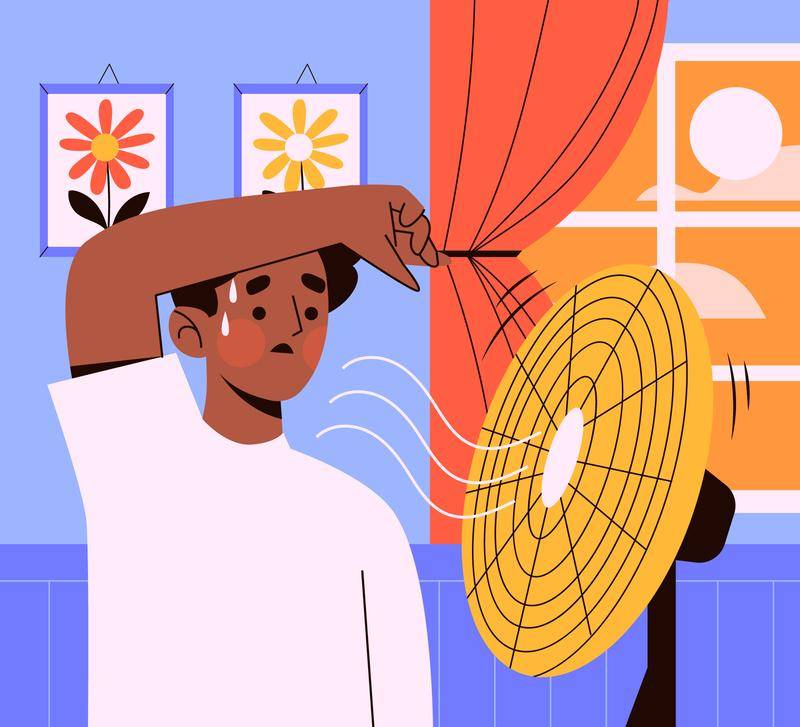

Cheers to Gut Health: Alcohol's Impact on Your Microbiome
Did you know that your nightly glass of wine could be shaping the tiny universe inside your gut? Your gut's reaction to happy hour might be more dramatic than you think! One glass of your favourite drink can turn your gut into a microbial battleground. Alcohol not only messes with your brain, leading to questionable decisions, but it also disrupts the flourishing community of microbes in your gut.
Our gut hosts a staggering 500 different species of microbes, including bacteria, fungi, and viruses, which not only influence our gut health but also our immune functions and mental health. Lifestyle changes can significantly impact these microbial worlds, so we need to be mindful of what we feed our gut. While we often focus on maintaining a good diet, exercise, and sleep, we tend to lose that control when we're at a party or catching up with friends. Just two drinks won't affect it that much, right?
Think Again: Immediate Effects After Two Drinks.
Increased Intestinal Permeability: The gastrointestinal (GI) tract, as the first line of contact with anything ingested, is particularly vulnerable to damage by toxins. Alcohol can increase intestinal permeability, often referred to as "leaky gut."
Alteration in Microbial Composition: Alcohol consumption can shift your microbial diversity, decreasing beneficial species like Lactobacillus and Bifidobacterium, while increasing harmful bacteria such as Proteobacteria and Enterobacteriaceae. Alcohol not only promotes dysbiosis but also leads to bacterial overgrowth.
Inflammatory Response: A 2014 study found that alcohol can impact the gut microbiome within 30 minutes of consumption, causing bacterial endotoxin levels to rise, which in turn activates proteins and immune cells, leading to inflammation.
Production of Harmful Metabolites: Alcohol metabolism in the gut can lead to the production of acetaldehyde, a toxic metabolite. Acetaldehyde can damage the gut lining and liver cells, contributing to gastrointestinal disorders and liver disease.
How to Combat These Effects!!
Don't worry, we have got your back! Here are some strategies to mitigate the negative effects of alcohol on your gut microbiome:
Never Drink on an Empty Stomach: Always have a balanced meal beforehand. Food in the stomach can slow the absorption of alcohol, reducing its impact on your gut.
Mind Your Diet After Drinking: Be mindful of the food items "the day after alcohol consumption." Eat probiotics, prebiotics, and fibre to help restore the lost beneficial microbes. Foods like yoghourt, kefir, sauerkraut, and high-fibre vegetables can be particularly helpful.
Stay Hydrated: Drink enough water before and after drinking as alcohol causes dehydration. Dehydration slows down digestion and can lead to constipation, further disrupting your gut microbiome.
Choose Your Drink Wisely: Opt for a glass of wine instead of hard liquor. Wine, especially red wine, contains polyphenols, which have been linked to positive effects on the microbiome when consumed in moderation. Hard drinks like gin have been shown to promote the relative abundance of harmful Clostridioides species.
Know Your Sensitivity to Alcohol: People's sensitivity to alcohol varies based on biological and genetic factors, particularly the levels of an enzyme called alcohol dehydrogenase (ADH). ADH levels differ among men and women and across different racial and ethnic backgrounds. Understanding your own sensitivity can help you make better choices about alcohol consumption.
By being mindful of these strategies, you can enjoy social gatherings without compromising your gut health. Cheers to a healthier gut!
References
Alcohol and Gut-Derived Inflammation
How does alcohol affect the microbiome?
How specific alcohols may impact your gut health

